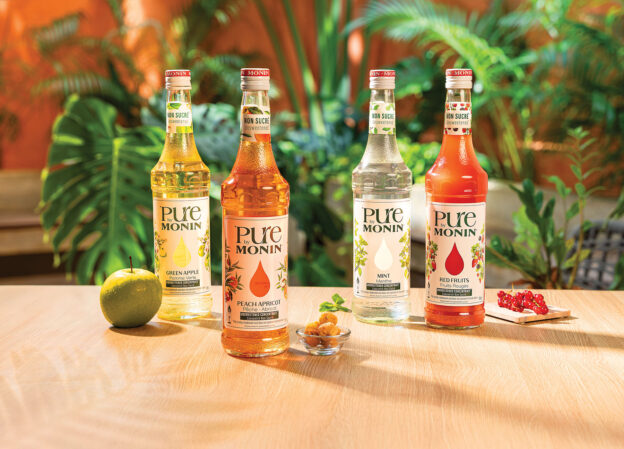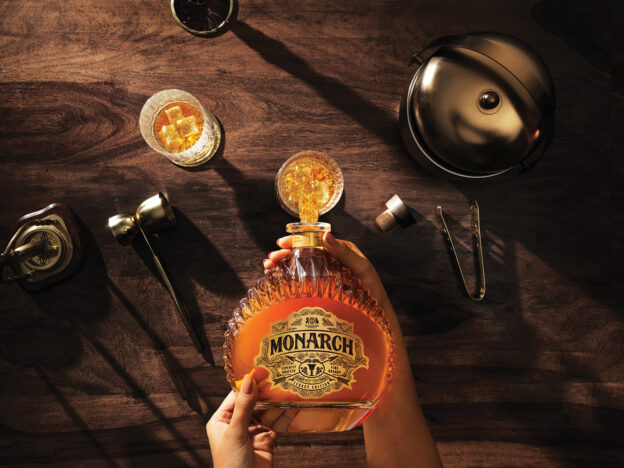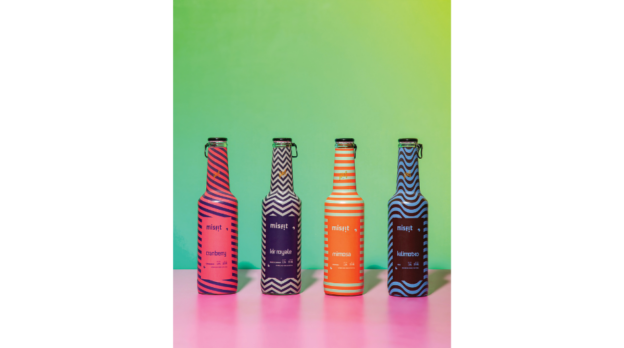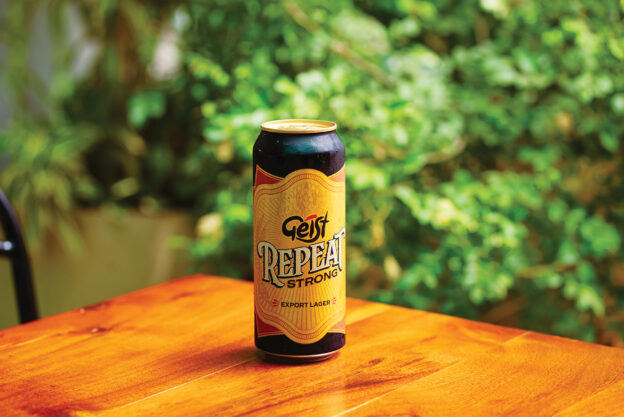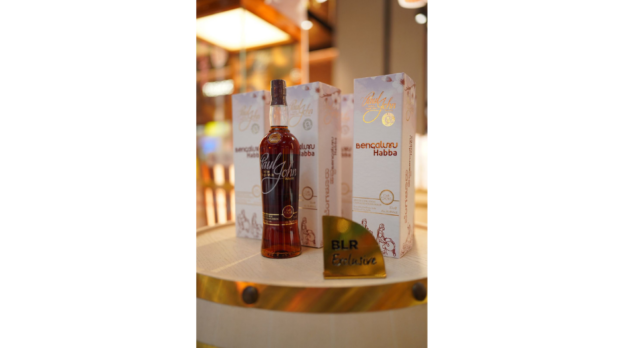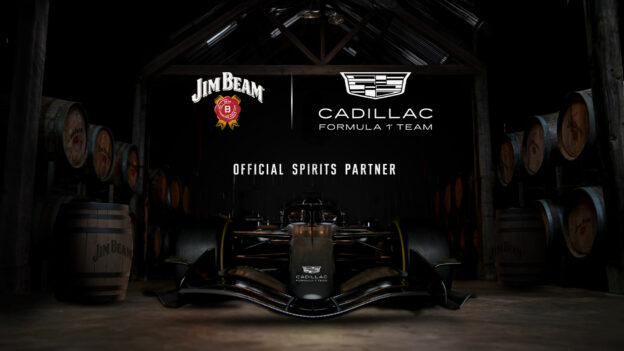Monin has launched PURE, a refreshing, no-added-sugar range designed not just for the health-conscious, but for every culinary and beverage creator. Available pan-India in four natural flavours—Mint, Red Fruits, Green Apple, and Peach Apricot, PURE is crafted with fruit and plant-based extracts, offering a clean taste that’s versatile across cocktails, mocktails, cold brews, iced teas, smoothies, and even desserts. The four flavours are available in 700ml bottles, priced at `955 each in retail.
The launch comes at a pivotal moment, as India sees rising demand for low- and no-sugar drinks. According to NielsenIQ, this category doubled in 2024 to ₹700–750 crore and now makes up 10% of the beverage market. PURE reflects this shift, offering natural flavour without added sugar, artificial sweeteners, or colourants, in line with the growing preference for healthier choices.
“India’s food and beverage culture is evolving rapidly, and with PURE, we are giving bartenders, chefs, baristas, and home creators the freedom to innovate without compromise. PURE offers a solution that blends our expertise in flavour with the rising need for healthier options. Consumers today are seeking authenticity and transparency, and with PURE, we’re proud to deliver a range that reflects those values while staying true to Monin’s global standards of taste and quality,” says Germain Araud, Managing Director, Monin India.
Monin has been present in India since 1999, establishing a direct subsidiary in 2019. Today, the country is one of Monin’s most strategic markets. It has a state-of-the-art manufacturing facility in Telangana (operational by March 2026) that will serve both India and neighbouring South Asian countries. It has a local R&D centre dedicated to tailoring flavours for Indian preferences and trends. Monin has Studios in Delhi, Mumbai, and Bengaluru—creative hubs where bartenders, chefs, and baristas experiment, learn, and share ideas. The company has a robust network of 150+ distributors, 300+ sub-distributors, and importers nationwide, ensuring broad availability.
The PURE Flavour Range comprises Mint – A crisp, cooling herbal lift, balanced for iced teas, chilled drinks, and dairy blends; Red Fruits – Juicy berry and stone fruit notes with bright acidity, perfect for spritzes, smoothies, and plated desserts; Green Apple – Fresh, tangy, and lightly floral, ideal for sodas, mocktails, or even sorbets and Peach Apricot -Soft stone fruit, rounded with floral top notes, shines in iced teas, bellinis, yoghurt drinks, and pastry glazes.

